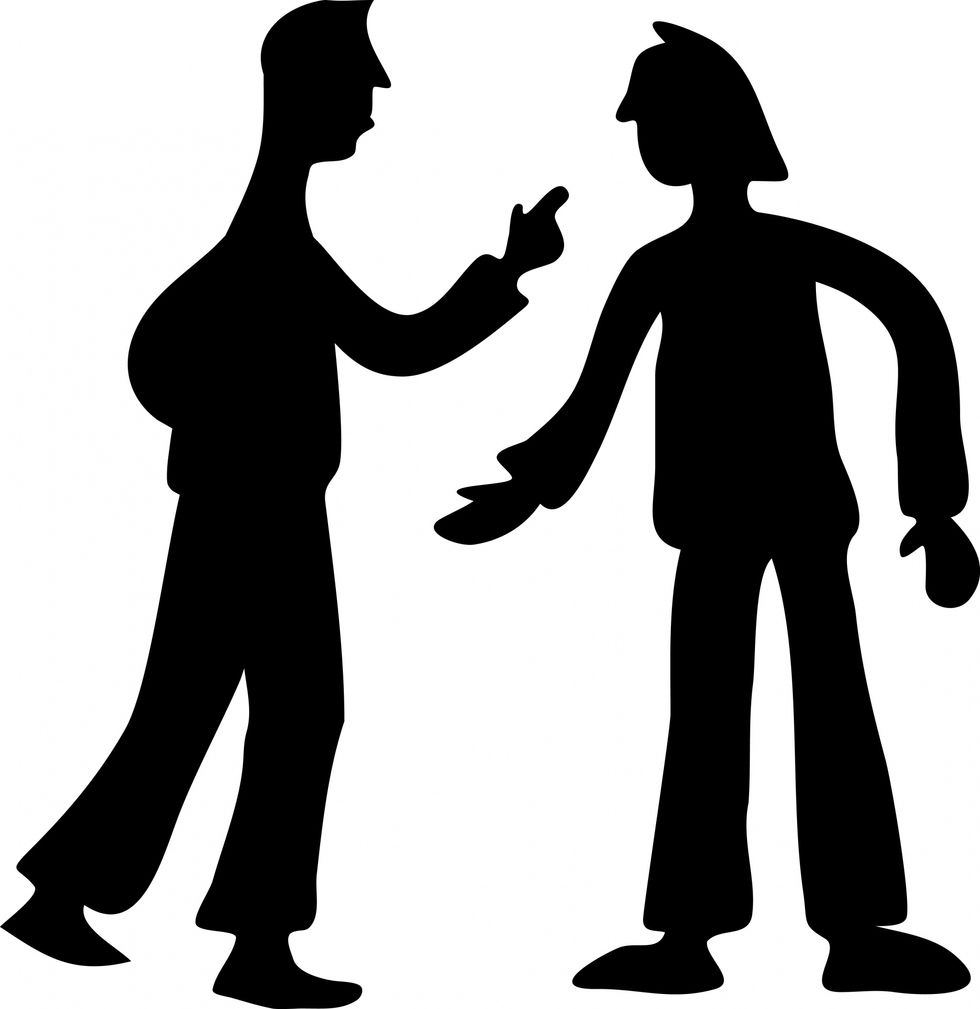If you instantly thought of Hamilton's lyrics, then yes, you are definitely my kind of person. But if you thought to yourselves, "Wow, so many opinions depicted in mass media today are extremist in their perspective, completely negating any and all points of debate from the other side and breeding misplaced aggression instead of healthy conversation," that's very specific, and you just happen to be the focus of my latest article.
The term "diametrically opposed" often leads, through word-association, to other references like "conflict," "antagonists," and yes, "Hamilton." In truth, it denotes two things or articles whose very existence appears to negate the other. It also holds the connotation of being an apt descriptor for current world politics, made all the more personal via social networking websites connecting us closer every passing day. What before was an unfathomable possibility is now a reality, as the average Joe can, in theory, find himself locked in a heated Twitter spat with the President of the United States himself.
Here, I find it alarming that people will often believe they are being "opposed" simply due to someone having an opinion that does not exactly coincide with one's own. A devout Christian and an atheist may be truly opposed in their ideologies, but the comparison between a Christian and a Muslim may, in fact, be a much smaller gap to cross than most imagine. Yet, perhaps you're even thinking to yourself now, listing all the dissimilarities between the two organized religions, how different the two can be. My point is: why must we believe everything not exactly like ourselves is opposed, or, an antagonist to us?
Today's society seems trapped in flux as it holds to the ideals of "if you're not with me, you're against me," entering into a cycle of rejection and revenge that spirals from nowhere to nothing fast. Instead of focusing on the ways in which organizations, religions, nations, people, or you and I are not like one another, why not focus on the ways in which we are?




















